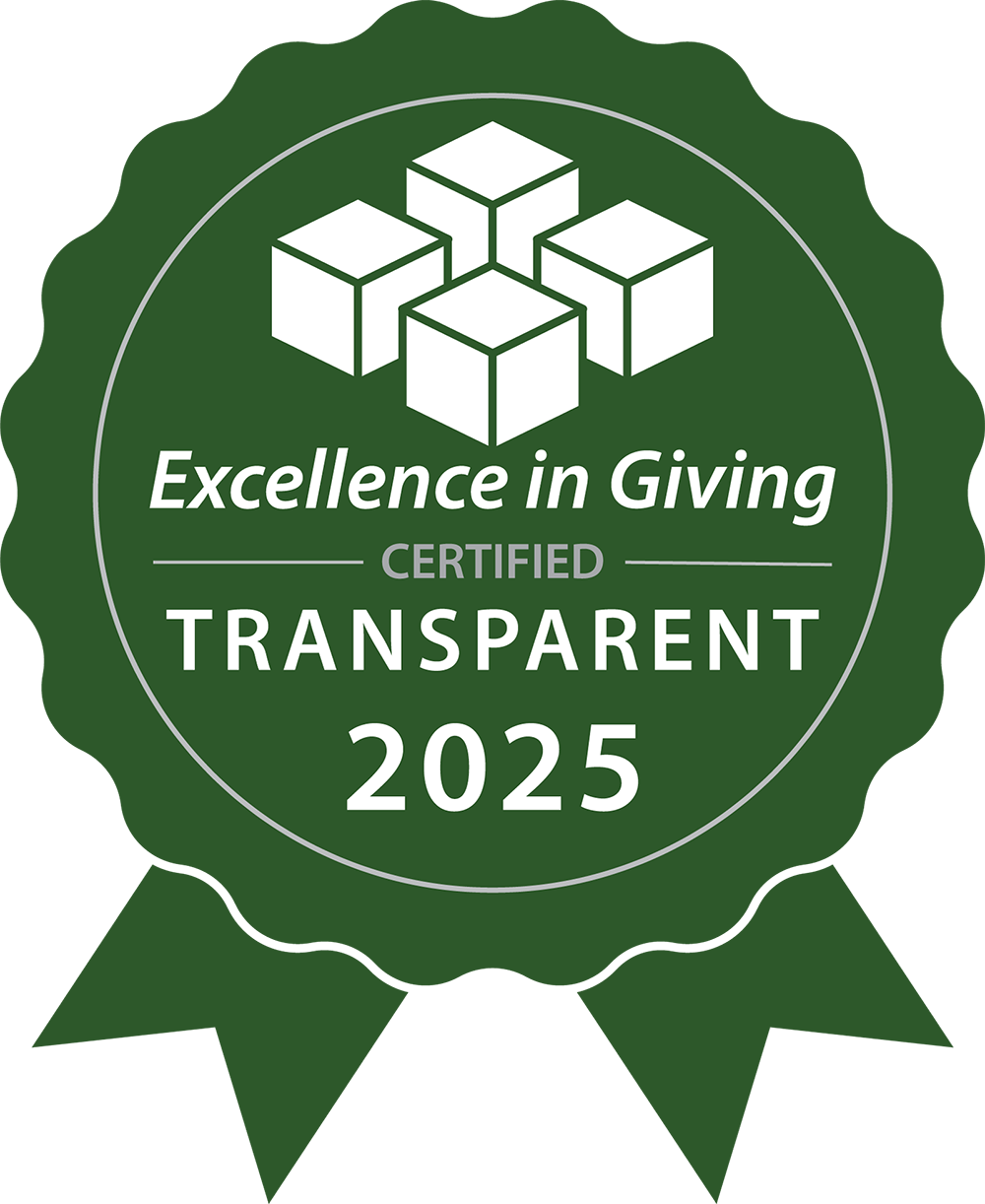When it comes to understanding the world around us, few topics are as important as literacy and orality. These concepts, which refer to the ways in which we communicate and understand information, shape our societies and cultures in countless ways.
Literacy is the ability to read and write. It is often considered a basic human right and a cornerstone of modern society. It enables us to access information, communicate with others, and participate in civic life. According to UNESCO, 86% of the world’s population can read, but this figure is misleading. A more accurate estimate is that 66% of the world’s population cannot or does not read. Most falling somewhere along a literacy continuum, using text-based methods for transmitting and receiving information.
Orality and Literacy Today
On one end of this continuum reside individuals who cannot read because they’ve either never learned how, or their heart language doesn’t have a written form through which they could learn how. On the other end are individuals who can read and have achieved some level of formal education. Through which reading is necessary, but on the whole, they are not reading because it’s not a part of their cultural DNA.
Orality, the use of oral communication as the primary means of transmitting information. It is the norm in many cultures around the world. These cultures are known as oral cultures. Cultures where oral forms of communication, such as storytelling and song, are used to transmit information and knowledge. In these cultures, oral communication is more natural and effective than reading and writing. In fact, according to Dr. Grant Lovejoy, a Ph.D. with the International Missions Board, 4 billion individuals worldwide were oral communicators in 2010. This makes up approximately 2/3 of the world’s population.
Literacy and Orality Relationship
The relationship between literacy and orality is complex and multifaceted. Literacy can be a powerful tool for preserving and transmitting culture. However, it can also be a force for cultural change. In many oral cultures, literacy is seen as a foreign import that threatens traditional ways of life. In literate societies, on the other hand, orality is often viewed as a primitive or backward form of communication.
The study of this relationship is known as orality and literacy studies. It examines the ways in which literacy and orality interact and shape culture. According to Ruth Finnegan, author of “Literacy and Orality: Studies in the Technology of Communication,” orality and literacy are not mutually exclusive. Rather exist in a dynamic relationship. This relationship can be seen in the ways that oral cultures adapt to written forms of communication. The use of storyboards in African cultures or the use of oral storytelling in literate societies.
The implications of orality and literacy for cross-cultural ministry are enormous. Many Christian leaders and missiologists believe that oral communication is more effective than written communication in reaching people in oral cultures. They argue that oral forms of communication, such as storytelling, are more natural and engaging. They believe that storytelling rather than written forms, are more likely to be accepted and understood.
missiologists believe that oral communication is more effective than written communication in reaching people in oral cultures. They argue that oral forms of communication, such as storytelling, are more natural and engaging. They believe that storytelling rather than written forms, are more likely to be accepted and understood.
However, the relationship between orality and literacy is not always straightforward. In many oral cultures, literacy is associated with Westernization and colonialism. This can make it difficult to communicate the message of Christianity. In literate societies, on the other hand, orality is often viewed as a less sophisticated form of communication. In turn it may not be taken seriously.
Organizations and Programs
Despite these challenges, there are many organizations and programs working to improve literacy rates. These organizations are working to grant more access to education in oral cultures. One such organization is Spoken. Spoken aims to provide access to information through forms that are easily understood by those in oral cultures. Another is Pratham Books and Room to Read. These two organizations work to improve literacy rates in developing countries through innovative programs and initiatives.
In conclusion, literacy and orality are essential concepts that have a profound impact on our societies and cultures. Understanding the relationship between these two forms of communication is vital for anyone working in cross-cultural ministry, education, or development. It is also important for all of us to recognize the diversity of ways in which people communicate and understand information. By embracing the strengths of both literacy and orality, we can create a more inclusive and equitable world for all.



